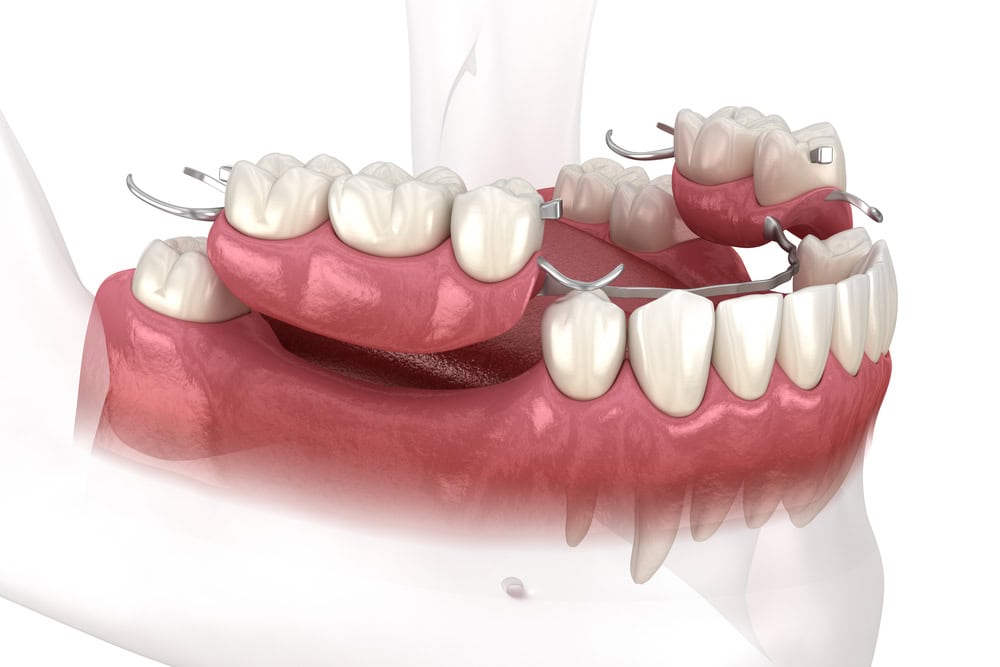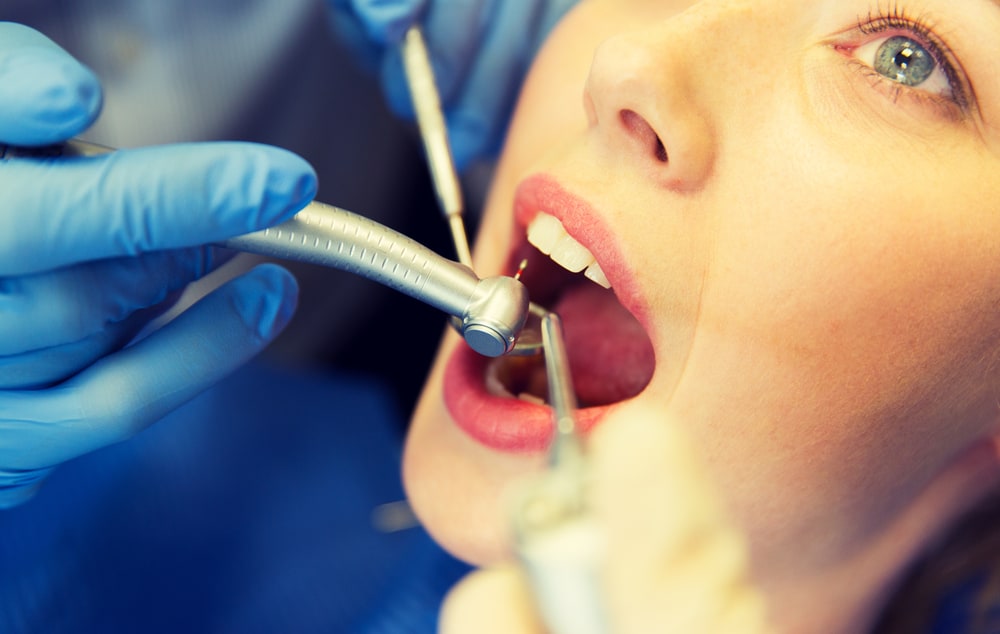Dental emergencies can arise without warning, leaving individuals feeling helpless and uncertain of how to proceed. Taking the proper steps to manage a dental emergency is imperative in order to ensure the best possible outcome.
To be prepared and know how to act when confronted with an urgent dental situation, it is important to stay calm and act fast. This article will provide a comprehensive guide to understanding and managing dental emergencies, from recognizing the signs to preventing them in the first place.
By arming yourself with the knowledge of how to best handle a dental emergency, you will be able to take swift action and provide the necessary care.
What is a Dental Emergency?
A dental emergency is an urgent situation involving the teeth or gums that requires immediate medical attention. It can be caused by severe pain, a severe toothache, a broken or chipped tooth, an infection, or a dental issue that needs to be addressed quickly.
Emergency dental care is available through an emergency dentist or dental clinic. These medical professionals can provide dental emergency treatments to address the dental emergency and help alleviate any discomfort.
Dental emergencies can be difficult to manage, so it is important to stay calm and move quickly to get the best outcome. Prompt attention to the emergency at a dental clinic can help ensure that the right treatments are provided in a timely manner.
How to Recognise the Signs of a Dental Emergency
Recognizing signs of a dental emergency is an essential component of successful management. For example, a patient may experience severe pain, swelling, or bleeding around a tooth. If the patient experiences sharp pains in the teeth or gums, sensitivity to hot and cold temperatures, or a cracked or broken tooth, they should seek professional dental services.
If a patient has a knocked-out tooth, they should rinse it, place it in a cup of warm water, and contact their dentist for an emergency appointment. The patient should apply a cold compress to the affected area and call their dentist immediately for facial swelling. Severe dental pain, tooth loss, and root canal treatment may also be signs of a dental emergency.
By recognizing these signs and acting quickly, patients can ensure that they receive the necessary dental services to address their dental emergency.
How to Manage the Pain
Pain management is an essential component of successful management of dental emergencies.
Counter-pain medications like ibuprofen or acetaminophen can reduce discomfort from tooth infections, baby teeth, and dental trauma.
Cold compresses can also be applied to reduce facial swelling.
If a tooth is knocked out, get emergency care immediately.
Rinse the mouth with warm water for fractured teeth and place a cold compress on the face.
For severe pain from a tooth abscess, over-the-counter pain medications may not be enough, and you should seek emergency care.
Rinsing with warm salt water is recommended for adult teeth that have been knocked out.
It is important to remember that pain management is a critical part of managing any dental emergency.
What to Do When You Have a Dental Emergency
Knowing how to respond to a dental emergency can help ensure the best possible outcomes. Suppose you are experiencing a dental health emergency. In that case, the first step is to contact your emergency care dentist or an after-hours emergency contact number for the nearest dental emergency clinic. Once you have made contact with an emergency dentist, they will be able to advise you on the best course of action and arrange for an appointment.
It is important to seek emergency dentistry services as soon as possible, as this can help prevent further complications. If the situation is serious, you may need to go to the emergency department of your local hospital.
In all cases, staying calm and acting fast can help to ensure the best possible outcome and provide the most effective emergency management.
When to See a Dentist
Regular visits to the dentist are essential for maintaining optimal oral health. Small problems can quickly become more serious without regular check-ups and often require more involved treatments such as root canals or emergency dental appointments.
An urgent care visit is recommended if you experience uncontrolled bleeding or find tissue fragments in your mouth. Additionally, if you are experiencing a bacterial infection, gum tissue swelling, or any other oral health issue, visiting your dentist as soon as possible is important.
If the issue does not require immediate hospital emergency care, an emergency dental appointment can help ensure your oral health is restored to its optimal condition.
Preventing Dental Emergencies
Maintaining good oral hygiene and a regular dental care routine is essential for reducing the risk of dental emergencies. Professional dental check-ups twice a year are highly recommended to detect any irregularities in teeth or gums early. Emergency dentistry is available to diagnose and treat dental emergencies, such as abscessed teeth, cracked or chipped teeth, and badly-crooked teeth. Emergency room providers can also treat these issues but with limited resources and expertise.
It is important to take steps to prevent dental emergencies. Regular brushing and flossing can help remove plaque and bacteria from the teeth and gums. Avoiding hard, chewy, or sticky foods can reduce the risk of chipping or cracking a tooth. In the event of a chip or crack in an actual tooth, it is important to seek treatment from a dentist as soon as possible to avoid further damage. Additionally, it is important to wear a mouthguard when playing sports or engaging in other activities that could cause damage to the teeth.
These tips can help prevent dental emergencies and maintain oral health.
Key Takeaways
In conclusion, dental emergencies can be stressful and overwhelming, but with the right knowledge and preparation, staying calm and getting the help you need is possible.
Knowing the signs of a dental emergency, how to manage pain, and when to see a dentist are all important steps.
Prevention is also key; taking the right precautions can reduce the risk of dental emergencies.
By arming yourself with the right information, you can confidently ensure you’re ready to take on any dental emergency.
If you’re in need of immediate dental emergency care, look no further than Western Sydney Smiles in St Marys, NSW. The experienced team of dental professionals can help you manage pain and get the treatment you need to get back to normal. Don’t wait to seek help; ensure you’re prepared for any dental emergency. Contact Western Sydney Smiles today to get the help you need.







